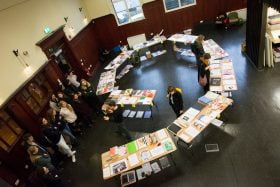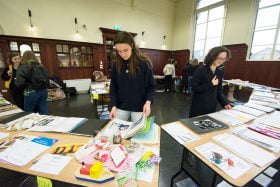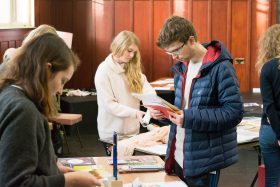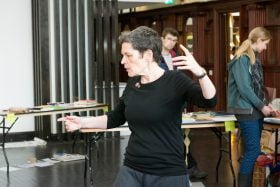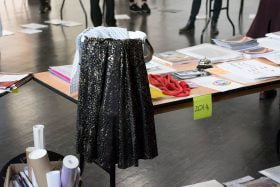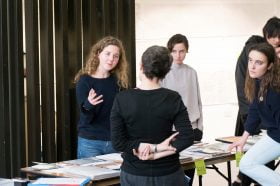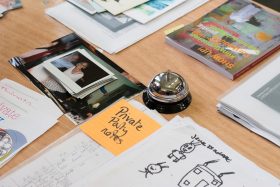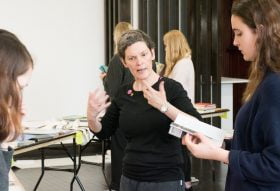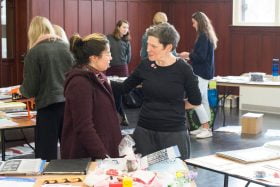Another brilliant question from Cultured Mongrel’s “There Are No Stupid Questions” You can find more on there work here: https://www.culturedmongrel.org/blogs/2020/6/17/there-are-no-stupid-questions
Delighted to have been asked this ‘anonymous’ question and very much enjoyed writing this response
“What are the main drivers of dance being ageist?
How can we uncouple white middle-classism and notions of what is permissible to the white male gaze, from the energy and progression of dance performance in terms of age?
Older dancers can jump too y’know.”
Ah ageism, very close to my heart. What a great question, thanks, and so much to unpick.
Here goes…a very personal perspective
We live in an ageist society. A recent World Health Organisation report estimated that one in two of us are ageist. One in two – that’s quite a statistic! And, many people reckon that to be an under-estimation. Once I started to think of age this way I began to see ageism everywhere. It is endemic, systemic, unconscious and deeply engrained and embedded into our language, behaviour, attitudes, beliefs and way of life. Quite a force to be reckoned with. I am even ageist against myself!
Looking at myself in the mirror or experience myself dancing I sometimes have the thought “I am wearing well for my age”, and feel chuffed about that, proud even, and relieved. But it’s actually really shocking. It is not a benign thing to say because embedded within that thought is the sense that there is an ideal that we are constantly measuring ourselves against, and that ageing is all about loss and decline.
We all know it well – to be old is not acceptable, to look younger is better. Older age is synonymous with reduction, loss, deficit, something to be held at bay, and we have fear around that too. We constantly do ‘battle’ with it, and affirm ourselves when we perceive a win. We simply don’t want to go there, can’t embrace it, pride ourselves for beating or conquering it. We want to anti-age, arrest it, prevent its development, and society perpetuates and mirrors this and supports us on that journey. Ageism undoubtably results from a complex conspiring weave of intertwining factors, there is a lot to understand and unpick, and this is only just scratching the surface. But it is insidious and prevalent and wraps itself around everything we do.
And then there is dance! Dance sits within this complex pervasive field and, is in itself, an art form that elevates the young and the movement qualities, skills and, by default, the aesthetic languages that only a young body can create. Dance is synonymous with a particular image of perfection, one that it has created itself and one that is also aligned to youthfulness.
Take ballet for example and its historical place in our cultural and societal history. Ballet is the dance of the courts, aligned with privilege, ascension, ethereality, heaven, gods, symmetry, thinness, whiteness, weightlessness, illusion, and non-earthly (non-bodily?!) presence, transporting us away from earthly boundedness and burdens to an idealised place where everything is good and we have no worries.
Then there are phenomenon’s like Strictly – which is all about the attainment and mastery of steps and executing them ‘perfectly’ according to a pre-set regulated form of what is right and what is best, a particular set of competencies with particular physical attributes, registers and styles. It says there are right ways and wrong ways to dance, good dancers and not good dancers. We actually laugh at people who can’t do the steps. Or we embrace them, root for them, take them to our hearts, rooting for the underdog. Perhaps we recognize ourselves in there and whilst this is a compassionate thing and a positive human attribute, we never ever seem to ask – but why is dance only this?
Dance in its very essence, at least in our cultural understanding and valuing of it, is a hierarchical art-form that favours, perpetuates and aspires to certain aesthetic languages over others, certain body types over others, certain movement languages over others and certain styles and forms over others. Agility, speed, flexibility, athleticism and all the dazzling physical feats of monumental proportions that we all love, have all been normalised but are actually elitist and non-normative, because they are unattainable for most people and require a particular idealised physicality to attain. Youth and the physical attributes of the youthful body is part of this, and culture, high and low, is screaming out this message of what dance should be and trapping us in a perpetual cycle that supports this hierarchy of dance.
So, it is within all of this that older dancers sit. There is nothing wrong with any of the above. All are thrilling, moving, meaningful, there to be admired, felt, experienced and enjoyed. For me, the fact that this is what is being valued is the problem, and any other form by any other body type is seen as being of less value and a lesser form of dance.
We need to start asking who can dance and what can dance be?
What is perfection?
On whose terms?
Many inroads have been made by disabled dancers who have fought for the recognition and right to have their non-normative physicality and movement vocabularies accepted as a valid dance aesthetic in all of its diversity. This has been a long hard journey and is still on-going and not yet fully accepted or acceptable in the mainstream. But undoubtably, disabled makers and performers have started to change, not only our understanding and expectation of dance, but the structure and form and language of it. In other words, the work of disabled dancers is challenging, changing and adding to what we think of as dance, and who can be a dance and also expanded what we want from dance as makers, performers and audience.
In dance, because of the presence of the body, we are always faced with a physical representation of ourselves. We don’t want to confront our own ageing. We are fearful, in avoidance, only see deficit, and decline in our minds eye and in our emotional register. Ageing is never seen as something to embrace. When do we ever say ‘bring it on, I can’t wait.’ Also embedded in there is a brush with the end of life, and as a culture and society that denies death and rarely speaks about it openly, to be faced with an ageing older body is perhaps too confrontational.
So, I think also that perhaps the ageing body brings with it its own particular prejudiced drivers.
We need to push against ingrained stereotypes, attitudes and expectations, but how?
Much of my life’s work has been about moving the vertical dance hierarchy to the horizontal plane, away from the aesthetics of sameness and symmetry towards the aesthetics of difference and asymmetry, away from heaven to earth, away from fixed ideals.
Where are the alternative images, the art that reveals and shows age as natural and the diversity, difference and individuality there is amongst older people?
We need to be aware of the politics of the practice and the bigger frame that dance sits within. Dance is not just about mastery and a fixed ideal of beauty. Age is not just about decline
We need to keep asking questions of ourselves and of society.
We need to persist.
We need to be patient.
We need to do this in our own style and in our own way – make work gently, subversively, noisily, feistily, quietly, sassily, with humour, with gravitas, with poignance, shout from the rooftops – to excite, to empower, to be seen, to be heard, to be noticed, all of these ways are necessary and will make a difference.
And our greatest strength? Actual physical presence. In dance because the body is visible and present, the ageing body is there in the flesh so to speak. Perhaps almost too much for audiences to bear because the fear of ageing sits so deep and the prejudices and judgements are so conditioned and pervasive, but this is where the hope lies. In dance you are the thing that it’s about, we represent ourselves when performing. In this way dance performance is a radicle act, a form of direct action, a step to bringing change.
And as for, “older people can jump ye’ know”. Maybe we can start by asking do they need to? Does dance need jumps in order to be dance? As an older person of 63 I no longer enjoy jumping, certainly not in the leaping way, nor can I twirl anymore. That’s cool with me. Neither good nor bad, just how it is for me, and where my body is at.
We are all different and that’s what’s exciting.
And what I can do and love is create movement from other, new, places. We all can. I have less of some things which by default, brings more of other things – slowness, being closer to the earth, soft skin, stillness, a softness in my muscles, a presence and confidence.
It was dancer and choreographer Erick Hawkins, I think, who said : “tight muscles don’t feel”
I’ll take that!
Janice Parker May 2021
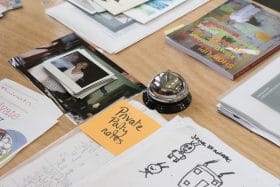
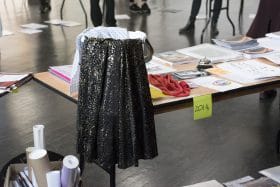
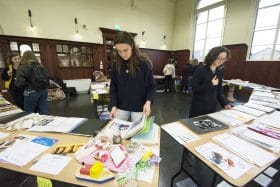
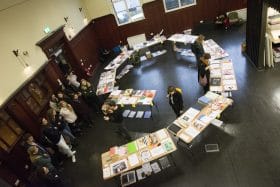
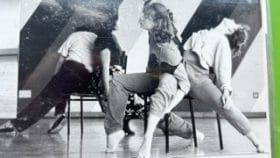
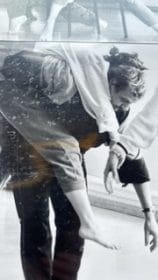
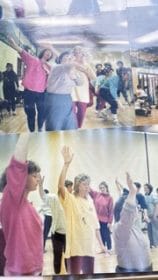
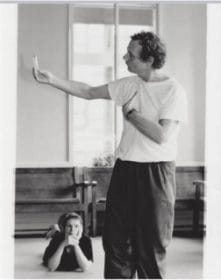
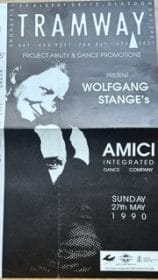
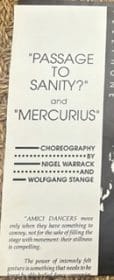
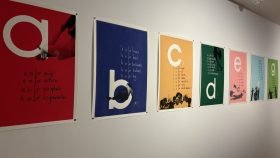
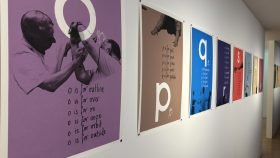
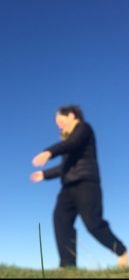
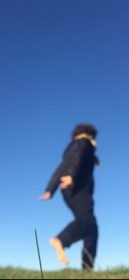
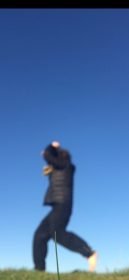
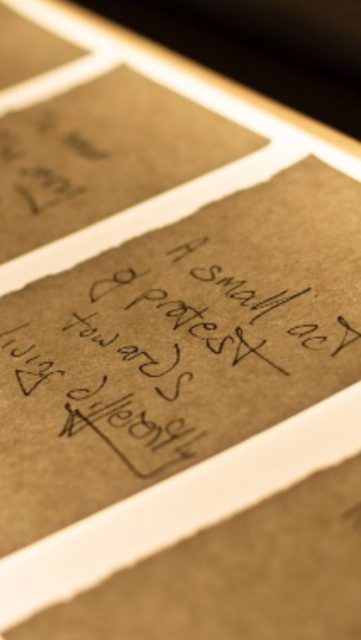
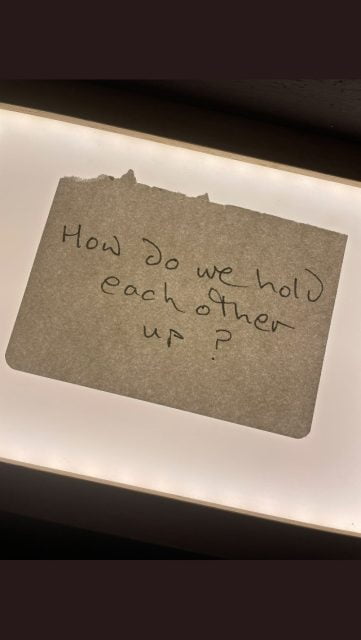
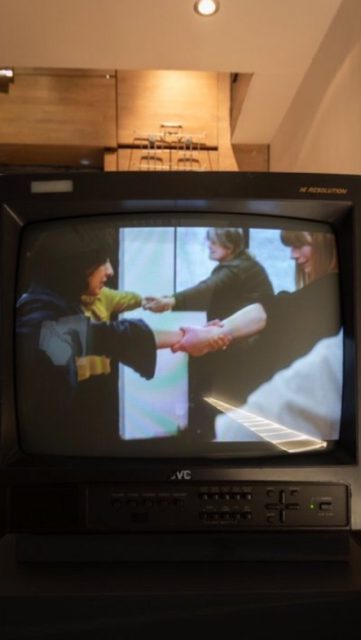
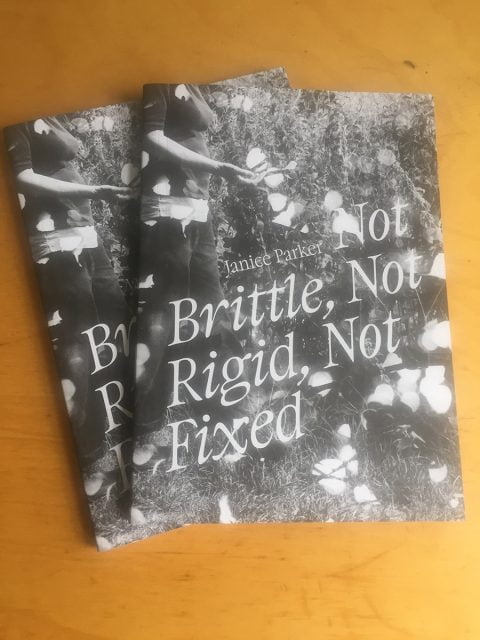
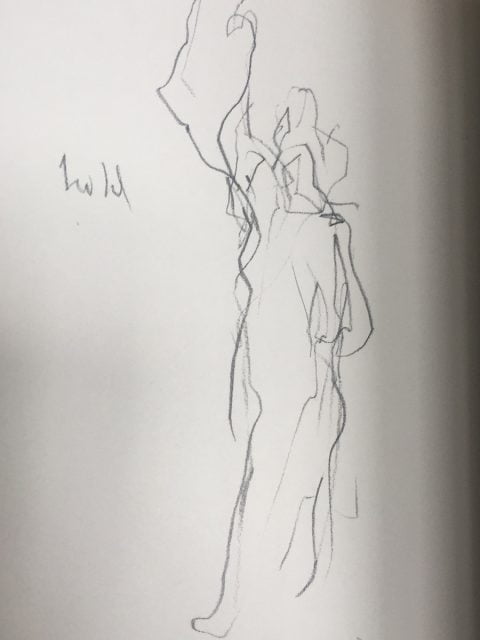
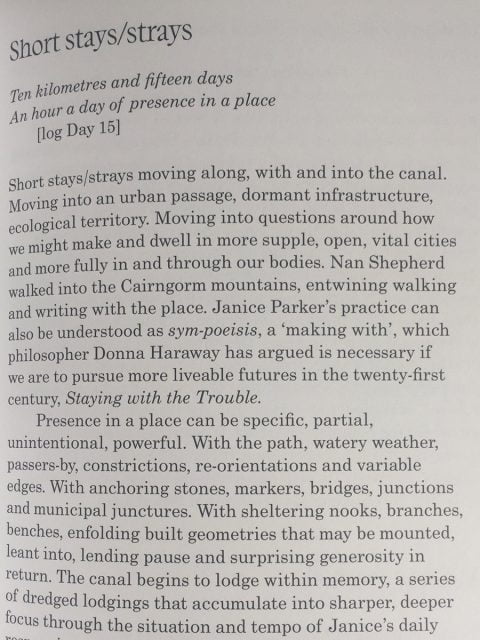
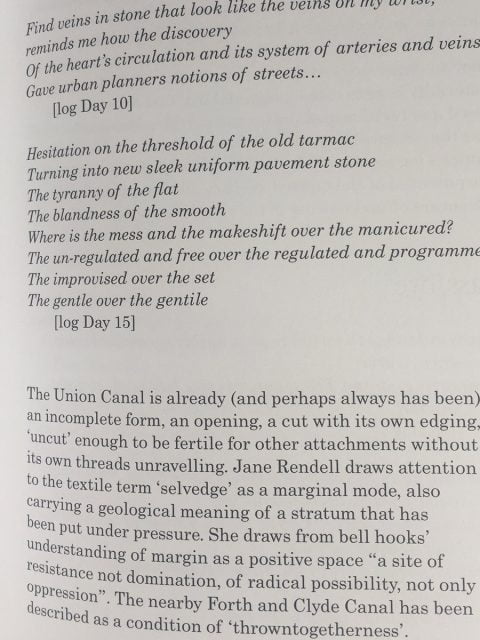
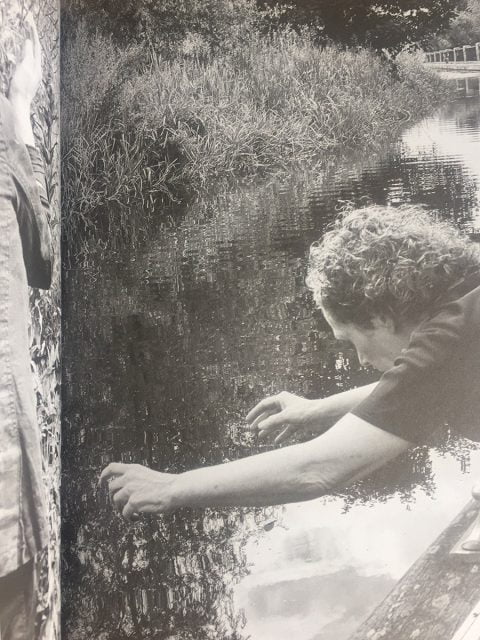
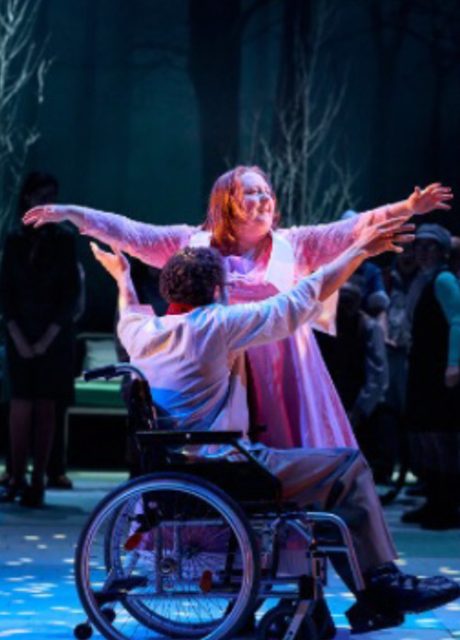
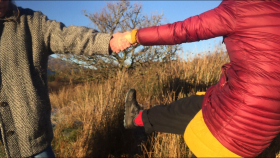
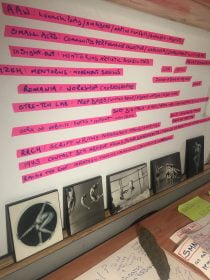
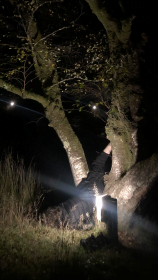
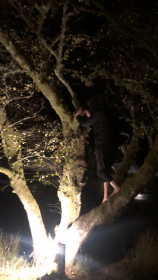
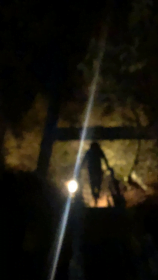 Emmie McLuskey
Emmie McLuskey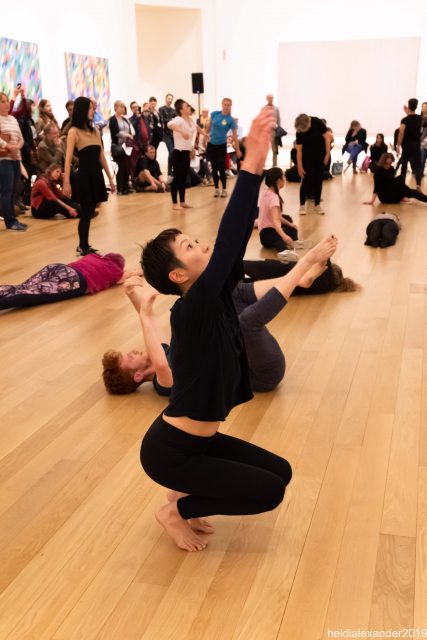
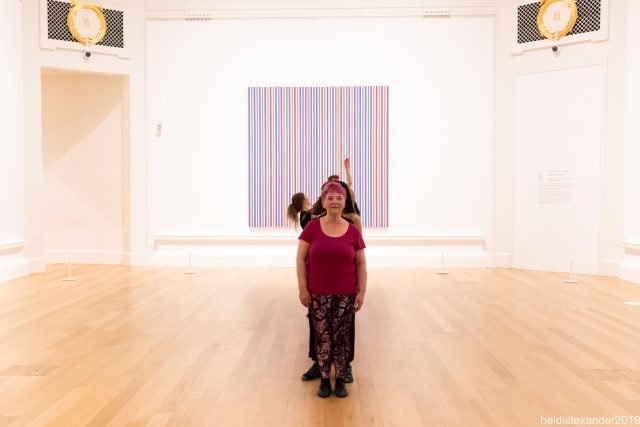
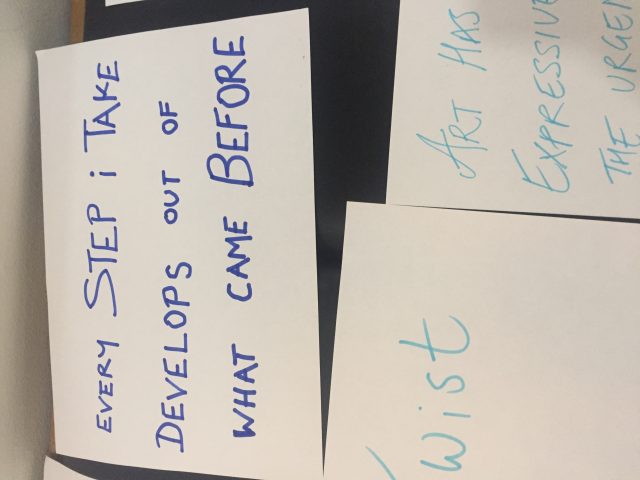
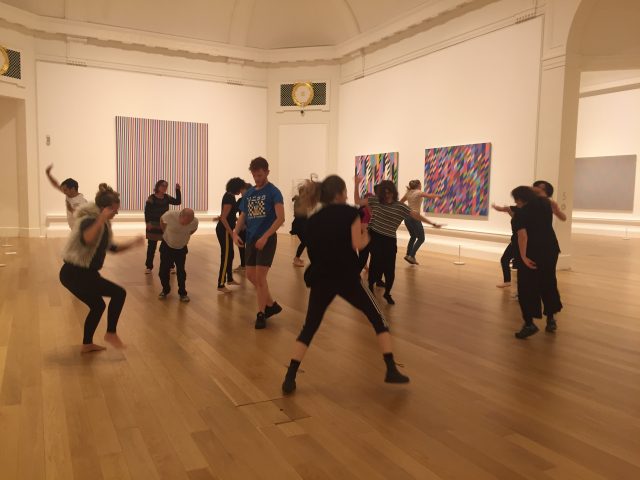
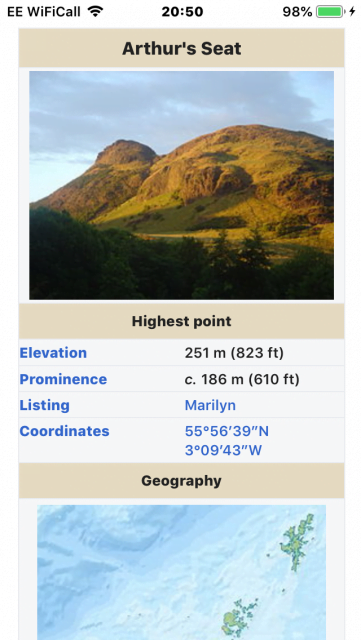
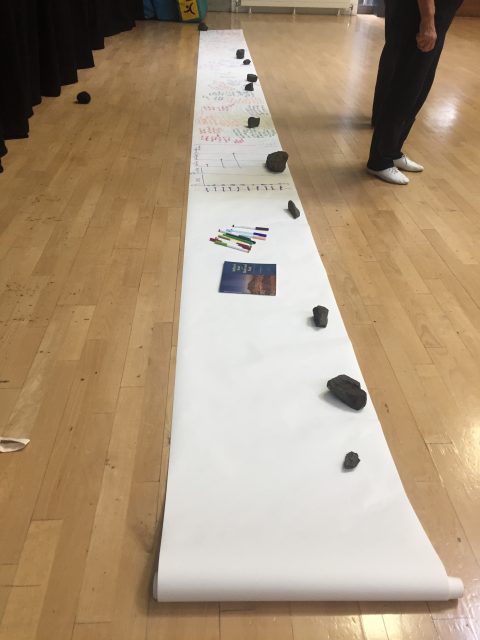
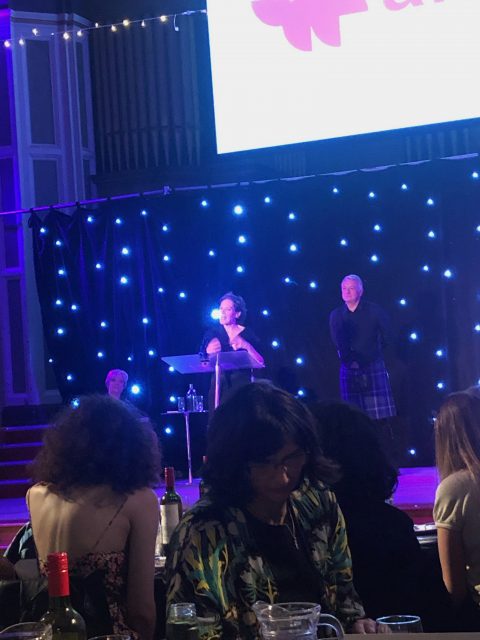
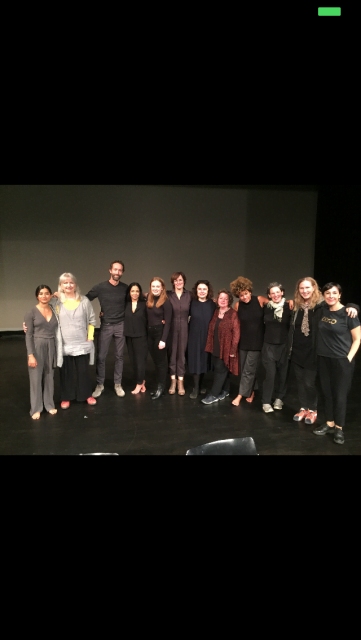
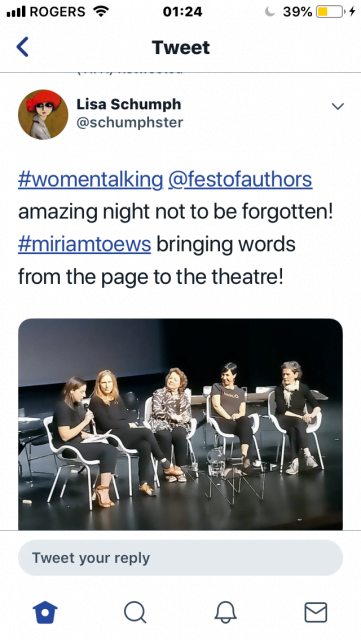
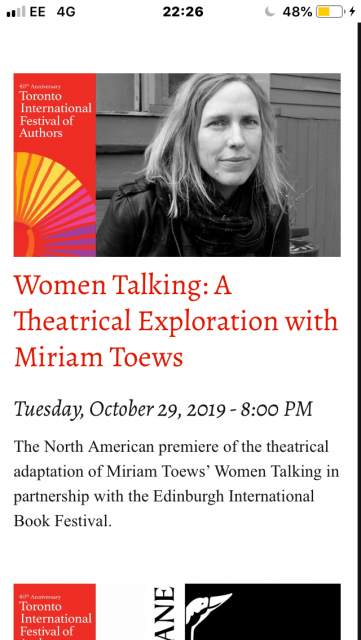
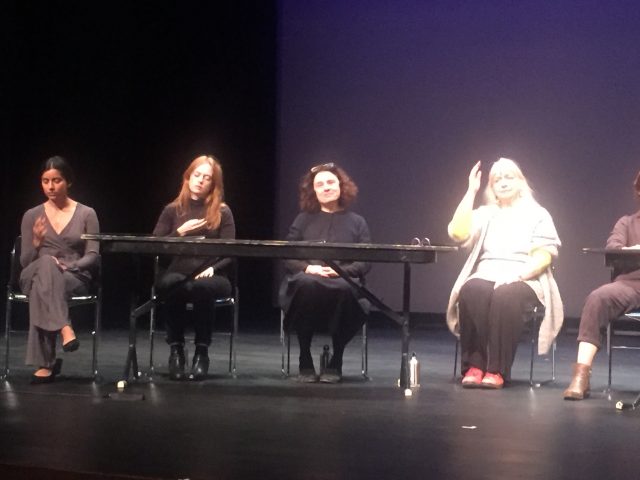
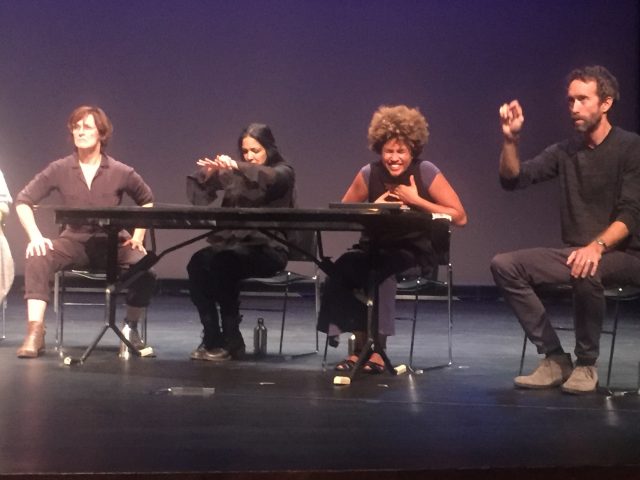
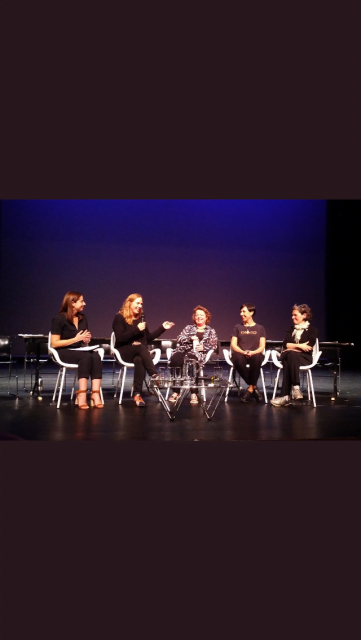
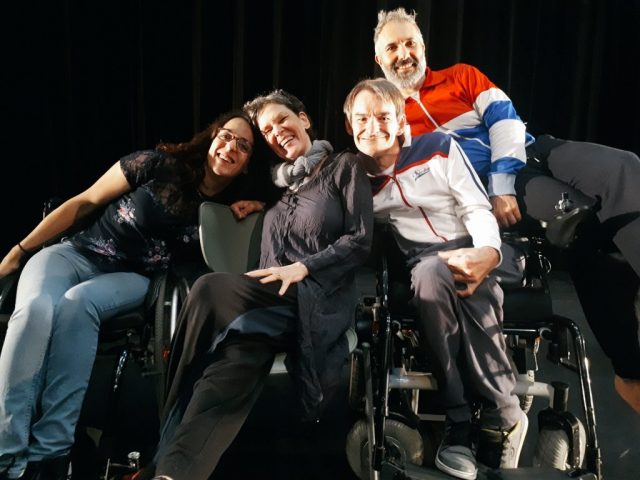


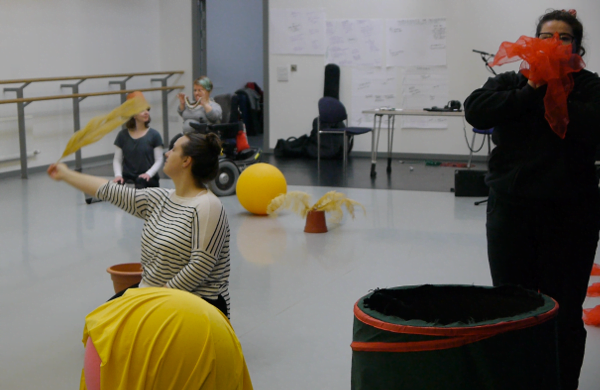
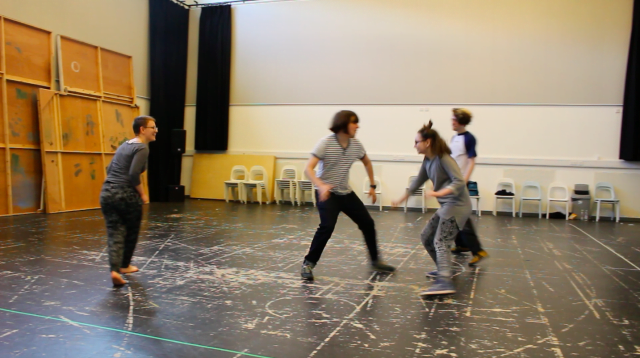

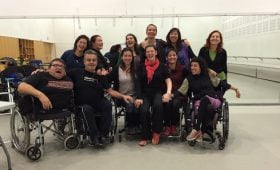
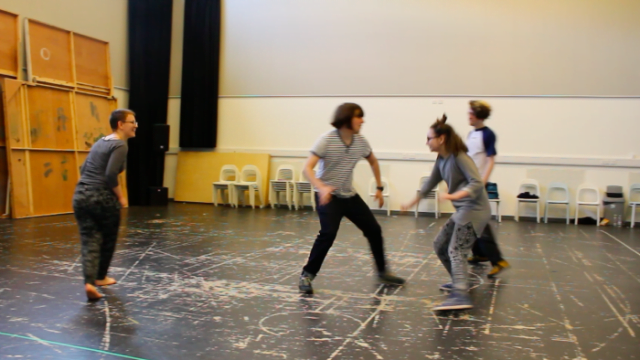 We are thrilled at the news that ‘One Way Or Another’ by one of our Saltire Awardees, Aby Watson, has just been announced as one of this year’s Unlimited Emerging Artist Commissions. Congratulations to Aby, and we look forward to what’s to come next. We are so glad to be able to support her on her journey.
We are thrilled at the news that ‘One Way Or Another’ by one of our Saltire Awardees, Aby Watson, has just been announced as one of this year’s Unlimited Emerging Artist Commissions. Congratulations to Aby, and we look forward to what’s to come next. We are so glad to be able to support her on her journey.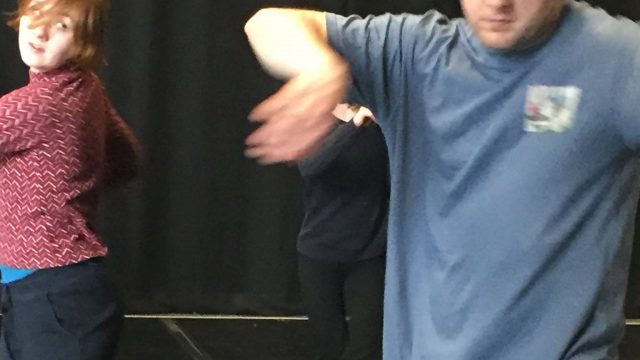 Here’s a taste of our recent professional development workshops with performers from
Here’s a taste of our recent professional development workshops with performers from 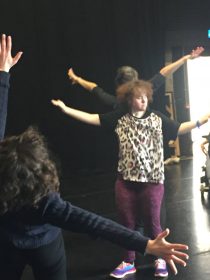
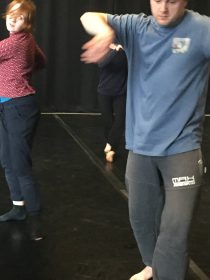
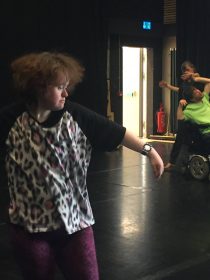
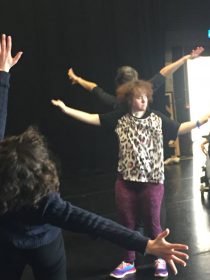
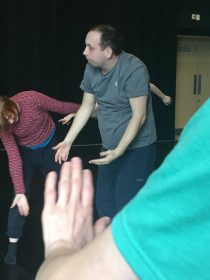
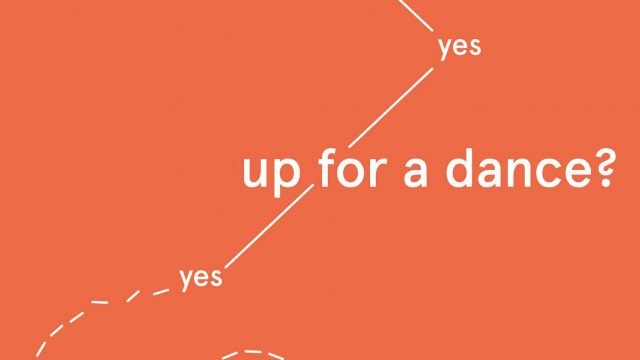 Aby Watson, one of our Saltire Society Bursary recipients, is currently on the search for fellow dyspraxic performers to take part in her new work called ‘One way or another’. There’s more information about the project and the call out at the link:
Aby Watson, one of our Saltire Society Bursary recipients, is currently on the search for fellow dyspraxic performers to take part in her new work called ‘One way or another’. There’s more information about the project and the call out at the link: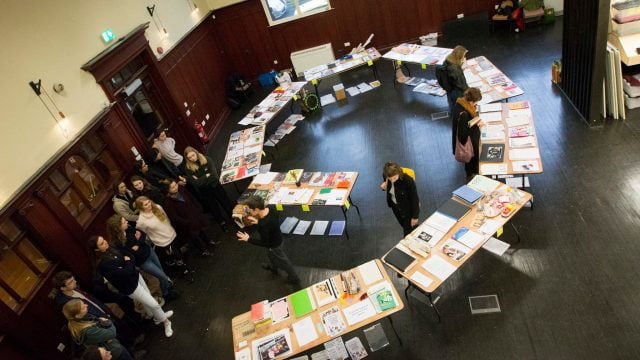 In February, Janice was joined by archivist students of St Andrew’s University, who expressed great interest in the 1973 archival exhibition at Glasgow Women’s Library:
In February, Janice was joined by archivist students of St Andrew’s University, who expressed great interest in the 1973 archival exhibition at Glasgow Women’s Library: